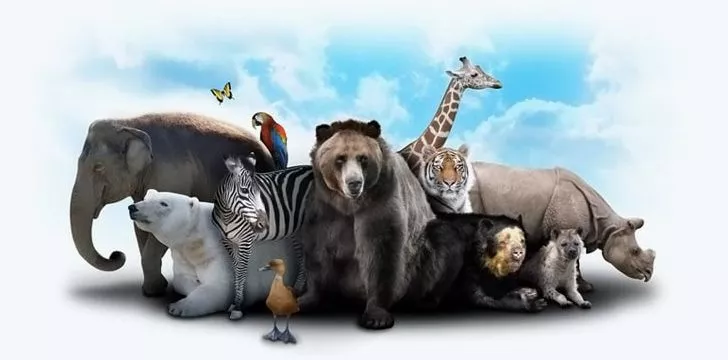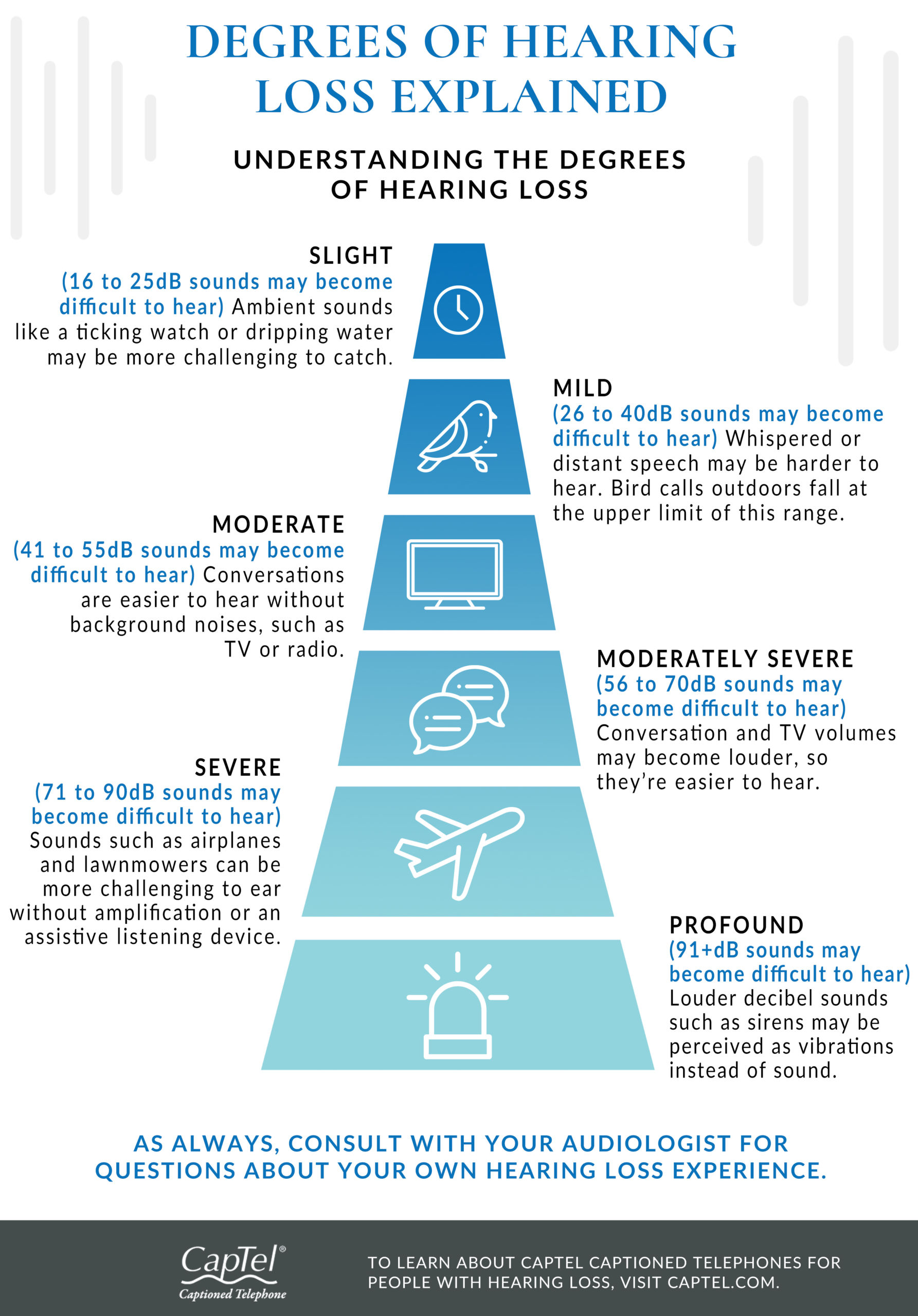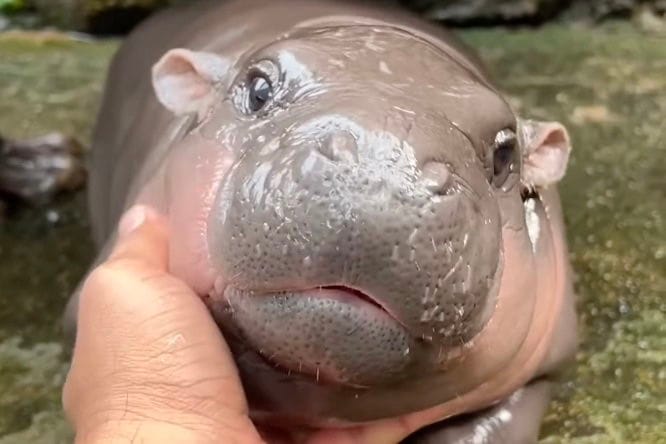Do Animals Understand Death? - A Complex Question

The question of whether animals know they will die is a complex and controversial one. It has sparked intense debates among philosophers, scientists, and animal behaviorists, with no straightforward answer.
The Argument Against Animal Awareness of Death
Some philosophers and scientists argue that the knowledge of death is reflective and conceptual, and animals are spared it. According to this view, animals lack the cognitive abilities to comprehend the abstract concept of death, which is unique to humans.
The Case for Animal Awareness of Death
Others suggest that nonhuman animals are aware of death, can experience grief, and will sometimes mourn for or ritualize their dead. This perspective is supported by observations of animal behavior, such as:
- Changes in behavior and social interactions after the loss of a group member
- Display of emotional responses, like vocalizations or changes in appetite
- Engagement in ritualistic behaviors, such as visiting the deceased's grave or carrying around a dead companion
These observations imply that animals may have a primal understanding of death, even if it differs from human conceptualization.
Observations of Animal Behavior
Studies have shown that animals exhibit complex behaviors around death, indicating a possible understanding of mortality.
Chimpanzees' Fascination with Death
Jane Goodall's groundbreaking research revealed an eight-year-old chimp lingering by his dead mother's side for so long that he eventually died as well. This poignant observation highlights the depth of chimpanzees' emotional responses to death.
Congregation around the Deceased
Other mammals, such as elephants and dolphins, have been observed congregating around their dead, displaying a sense of respect or acknowledgment. This behavior suggests that these animals may possess a primitive understanding of mortality.
Aggression and Mortality in Chimpanzees
Chimpanzees have been observed engaging in acts of wanton violence, including murder. This darker aspect of their behavior implies a deeper understanding of death and its consequences, potentially even a grasp of mortality's irreversibility.
Theories on Animal Awareness of Mortality
The question of whether animals are aware of their own mortality has sparked intense debate among researchers and experts. While some argue that animals possess a sense of their own mortality, others claim that this awareness is unique to humans.
Anderson's Perspective
According to Anderson, an animal's awareness of its own mortality is a prerequisite for self-inflicted death. In other words, only an animal that knows it can die will attempt to bring about its own death. This perspective suggests that animals may have a cognitive understanding of their own mortality.
Chimpanzees and Suicidal Behavior
However, there is no reliable evidence to suggest that chimpanzees or any other animals engage in suicidal behavior. This lack of evidence raises questions about the validity of Anderson's perspective and whether animals truly understand their own mortality.
Different Relationship to Death
Some researchers argue that animals may have a different relationship to death than humans do. Unlike humans, who often spend their lives fretting over mortality, animals may not possess the same level of existential anxiety. This perspective suggests that animals may be aware of death, but do not obsess over it in the same way humans do.
Implications of Animal Awareness of Mortality
The question of whether animals are aware of mortality has far-reaching implications that extend beyond the realm of animal behavior and welfare. If animals do possess an understanding of death, it challenges our current treatment of animals and necessitates a reevaluation of our responsibilities towards them.
Reevaluating Our Treatment of Animals
If animals comprehend the concept of mortality, it is essential to reassess how we treat them. This newfound understanding may lead to significant changes in various aspects of animal care, such as:
- Improved living conditions and enrichment programs to ensure a better quality of life.
- More humane handling and slaughter practices in the agricultural industry.
- Enhanced protection and conservation efforts for endangered species.
Shifting Responsibilities
Awareness of mortality in animals may also shift some of our responsibilities towards them, including:
- Providing emotional support and palliative care for terminally ill or grieving animals.
- Ensuring that animals in our care are not subjected to unnecessary stress or trauma.
- Reconsidering the use of animals in research and entertainment.
Informing Our Own Relationship with Death
Exploring animal awareness of mortality can also have a profound impact on our own understanding of death and dying. By examining how animals cope with loss and mortality, we may gain valuable insights into:
- Developing more effective coping mechanisms for dealing with grief and loss.
- Reevaluating our own mortality and the importance of living a meaningful life.
- Fostering a deeper appreciation for the preciousness of life and the importance of empathy and compassion.

















Comments ()